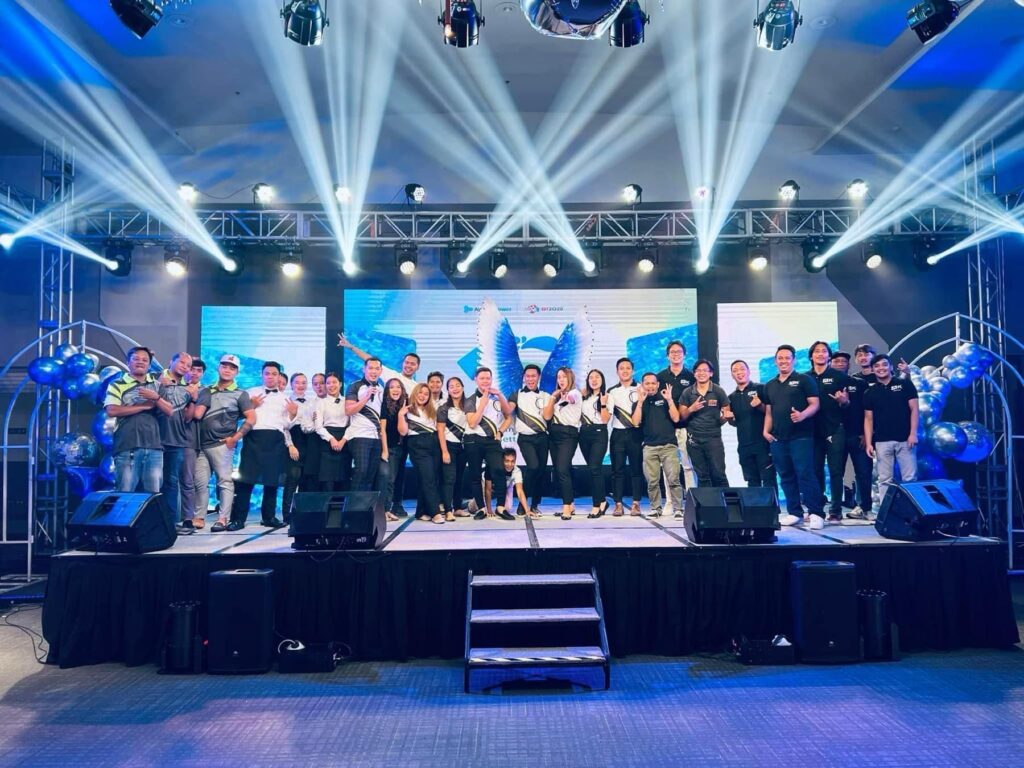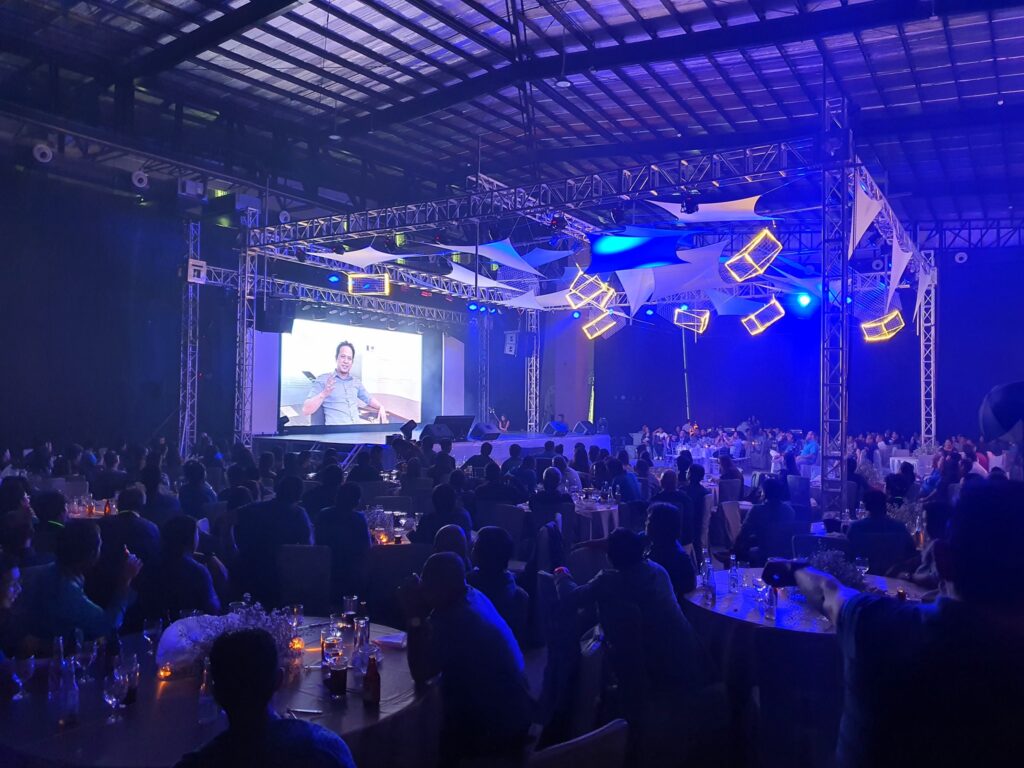
The Ultimate Guide to Becoming an Exceptional Event Specialist
Becoming an exceptional event specialist requires a unique combination of skills and qualities that collectively contribute to the seamless execution of various events, ranging from weddings and birthdays to corporate debuts. One of the foremost skills is organizational acumen. An event specialist must proficiently manage multiple tasks, timelines, and resources to ensure that every detail aligns perfectly with the client’s vision. Attention to detail is paramount, as overlooking even a minor element can significantly impact the event’s success.
Creativity stands as another cornerstone of effective event planning. An event specialist must think innovatively to design memorable experiences that captivate and engage attendees. This creativity extends beyond aesthetics to include problem-solving abilities. When unforeseen challenges arise, the specialist’s capacity to devise quick, effective solutions ensures the event proceeds smoothly.
Interpersonal skills are equally crucial in this profession. Effective communication and negotiation are vital when liaising with clients, vendors, and guests. Clear, concise communication helps in understanding client expectations, while adept negotiation secures the best deals from vendors, ensuring cost-efficiency without compromising quality.
Adaptability is another essential trait. The dynamic nature of event planning often entails last-minute changes. An exceptional event specialist should quickly adjust plans and remain composed under pressure, illustrating their flexibility and resilience. Furthermore, a deep understanding of the industry, coupled with staying abreast of the latest trends and technologies, significantly enhances an event specialist’s capability to offer modern, cutting-edge solutions to clients.
In summary, the fusion of organizational skills, detailed attention, creativity, interpersonal prowess, problem-solving capabilities, adaptability, and industry knowledge crafts a successful event specialist. These skills and qualities not only ensure the flawless execution of events but also elevate the overall client and guest experience, making each event truly extraordinary.
Comprehensive Guide to Event Planning and Execution
To become an exceptional event specialist, mastering the intricacies of event planning and execution is paramount. The process begins with the initial consultation with clients. This crucial step involves understanding their vision, requirements, and expectations. Engaging in thorough discussions to comprehend the event’s purpose, target audience, and desired outcomes will set a solid foundation for subsequent planning stages.
Budgeting is the next pivotal phase. Creating a detailed budget that encompasses all potential costs, including venue rental, catering, entertainment, and décor, ensures that financial constraints are managed effectively. It is essential to allocate funds judiciously, allowing for contingencies to address unforeseen expenses. Transparency with clients about budget constraints and realistic options can help mitigate financial stress during the planning phase.
Selecting the appropriate venue is a critical decision that influences the event’s overall ambiance and logistical feasibility. Conducting site visits and evaluating venues based on factors such as location, capacity, amenities, and accessibility will aid in making an informed choice. Coordinating with party suppliers and rental shops for essential equipment and décor is another fundamental aspect. Establishing strong relationships with reliable vendors can streamline the process of sourcing high-quality materials and services within budget constraints.
Creating detailed timelines and checklists is indispensable for the seamless execution of events. Outlining each task, from initial setup to final cleanup, and assigning responsibilities to team members ensures that nothing is overlooked. This meticulous approach minimizes the risk of last-minute hiccups and enhances coordination among the team. Effective team management is crucial; delegating tasks, overseeing setup, and fostering clear communication channels can drive the event towards success.
Handling last-minute changes or issues with composure and adaptability is a hallmark of a proficient event specialist. Anticipating potential challenges and having contingency plans in place can mitigate disruptions and maintain the event’s momentum. Post-event, following up with clients to gather feedback and reflecting on the event’s success are vital for continuous improvement. This feedback loop allows for refining strategies, enhancing client satisfaction, and honing skills for future events.


